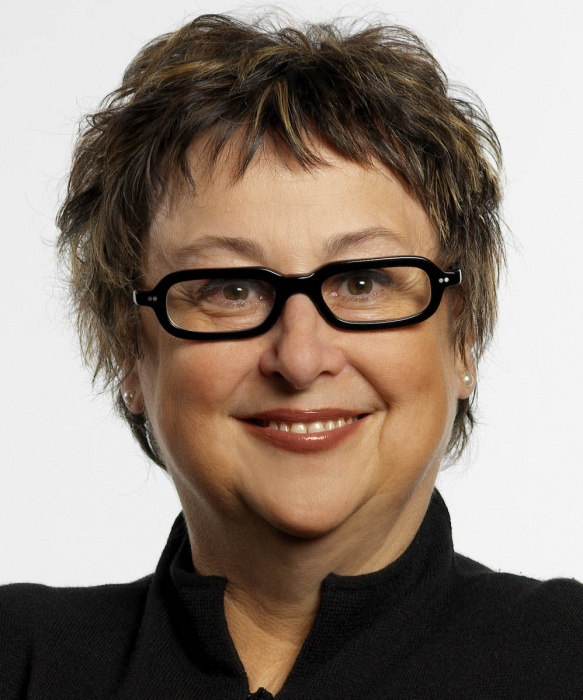Suicides, poisoning, murders; deaths upon deaths narrated by the penetrating sound of the orchestra and performer. Welcome to the opera.
But, it’s not all bad news: there is a comedic side of opera that gets overlooked.
Commonly known for his great tragedies, Giuseppe Verdi’s last opera was Falstaff. Based on Shakespeare’s The Merry Wives of Windsor, the opera follows the adventures of Sir John Falstaff, a pleasure and romance seeker.
“With Verdi you can expect glorious music; it’s opera at its highest level,” says Glynis Leyshon, director of Pacific Opera Victoria’s Falstaff. “The surprise with Falstaff is that Verdi’s very last opera is a comedy; he turned to laughter instead of tragedy.”

As operas are often written in different languages, no small amount of time and effort has to be put in to translate and transpose the language into English. There is no space on stage for misunderstanding.
“I don’t want to ask the performers to do something that is contrary to the text,” says Leyshon, “because that’s where it can go astray.”
The language is not only a barrier for the director, but the audience can also be negatively affected by it. Foreign films are not usually as popular as English speaking films; the same mechanism works for operas.
“It used to be that you would go and you could appreciate the singing, and the moving, and everything else, but you didn’t really know what they were saying unless you were an Italian speaker,” says Leyshon, adding that the appearance of surtitles screens helped opera become a more accessible form of art. “Now, with the surtitles, you can actually be there and follow the story.”
It became more accessible in that sense, but it also became more expensive. And with the strained economy, some forms of entertainment stay within certain comfort zones and budgets.
“I think when you no longer can go to everything you would be interested in you tend to go to things that you are comfortable with, or familiar with,” says Leyshon. However, she makes an important point for opera enthusiasts. “If you’re interested in opera now, there’s all the MET [New York’s Metropolitan Museum of Art] Metropolitan Opera broadcasts; I think that’s is truly having an impact.”
The Metropolitan Opera is trying to make the opera experience available to different audiences, including those who can’t afford to head down to see an opera in person. They broadcast opera and ballet pieces in theatres, with more affordable tickets. It’s a move which, if brought to Victoria, could increase the numbers of people eager to learn about opera. However, the experience and emotion differs from a live performance.
“The experience of live theatre or a live opera is just so much more dynamic,” says Leyshon. “It’s a different experience, rather than just a substitution for the live theatre experience.”
Falstaff
October 17, 19, 23, and 25
$40-$135 ($15 with student ID 45 minutes before show, subject to availability)
Royal Theatre
pov.bc.ca
[Correction: We had previously stated in this story that The Metropolitan Opera broadcasts have not come to Victoria; they have. We apologize for the mistake.]
